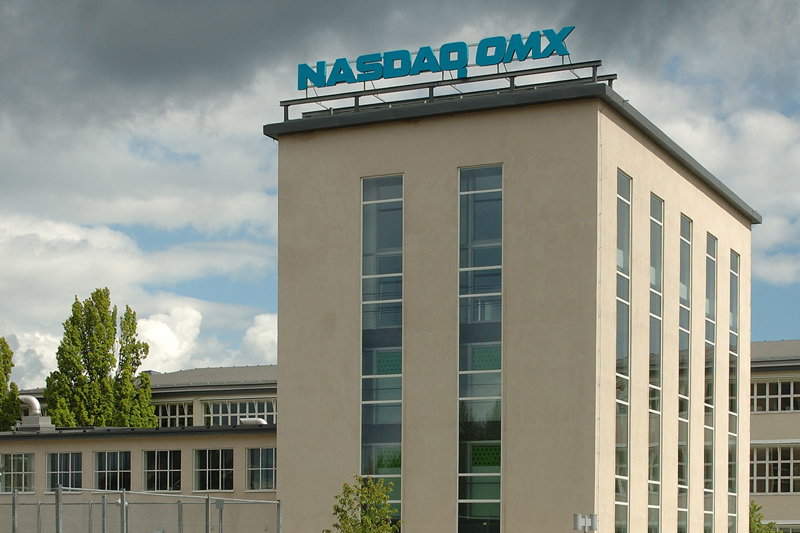Sun Valley Gold sells Vista Gold (VGZ) shares worth $2.16 million
Investing.com -- Sectra AB (ST:SECTb) delivered strong full-year results for 2024-2025, reporting broad-based growth across its medical IT and cybersecurity divisions, driven by increased demand, recurring revenue expansion, and solid order intake.
The Swedish medical technology company saw its annual net sales rise 9.3% to SEK 3.24 billion, with recurring revenue up 19.9% to SEK 2.07 billion.
Cloud recurring revenue grew even faster, climbing 48.9% to SEK 591 million.
Still, the company’s shares fell more than 1% after the market open.
Operating profit came in at SEK 723 million, including a one-off gain of SEK 110 million from a patent settlement. Excluding this, underlying operating profit rose 18.4% to SEK 613 million, corresponding to a margin of 18.9%.
Sectra’s contracted order bookings during the year surged 39.9% to SEK 8.71 billion, with guaranteed bookings more than doubling to SEK 7.65 billion.
Cash flow from operations reached SEK 922 million, up from SEK 326 million a year earlier.
Full-year profit jumped to SEK 563 million from SEK 428 million.
The company proposed maintaining its ordinary dividend at SEK 1.10 per share and adding an extraordinary dividend of SEK 1.00, citing strong cash flow and financial position.
In the fiscal fourth quarter, Sectra’s order bookings jumped 223% year-on-year to SEK 2.9 billion. Sales rose 1.8% to SEK 914 million, with recurring revenue up 24% and cloud revenue up 61.8%.
Operating profit rose marginally to SEK 199 million.
CEO Torbjörn Kronander highlighted progress in core areas and the transition toward subscription-based delivery. “We took major steps forward in our core areas—medical IT and cybersecurity,” he said.
"The past fiscal year can be summarized as follows: record-breaking order bookings, a continued positive trend for secure communications and progress in the transition to selling medical diagnostic imaging as a service. We have not yet fully completed this transition," he continued.
Kronander also noted the temporary drag from lower license sales and implementation costs, but reaffirmed the long-term value of the shift.
